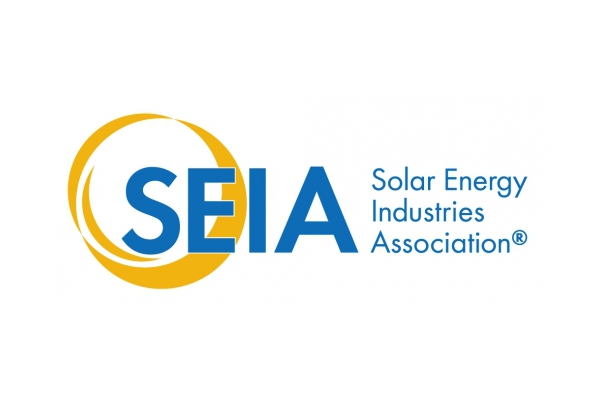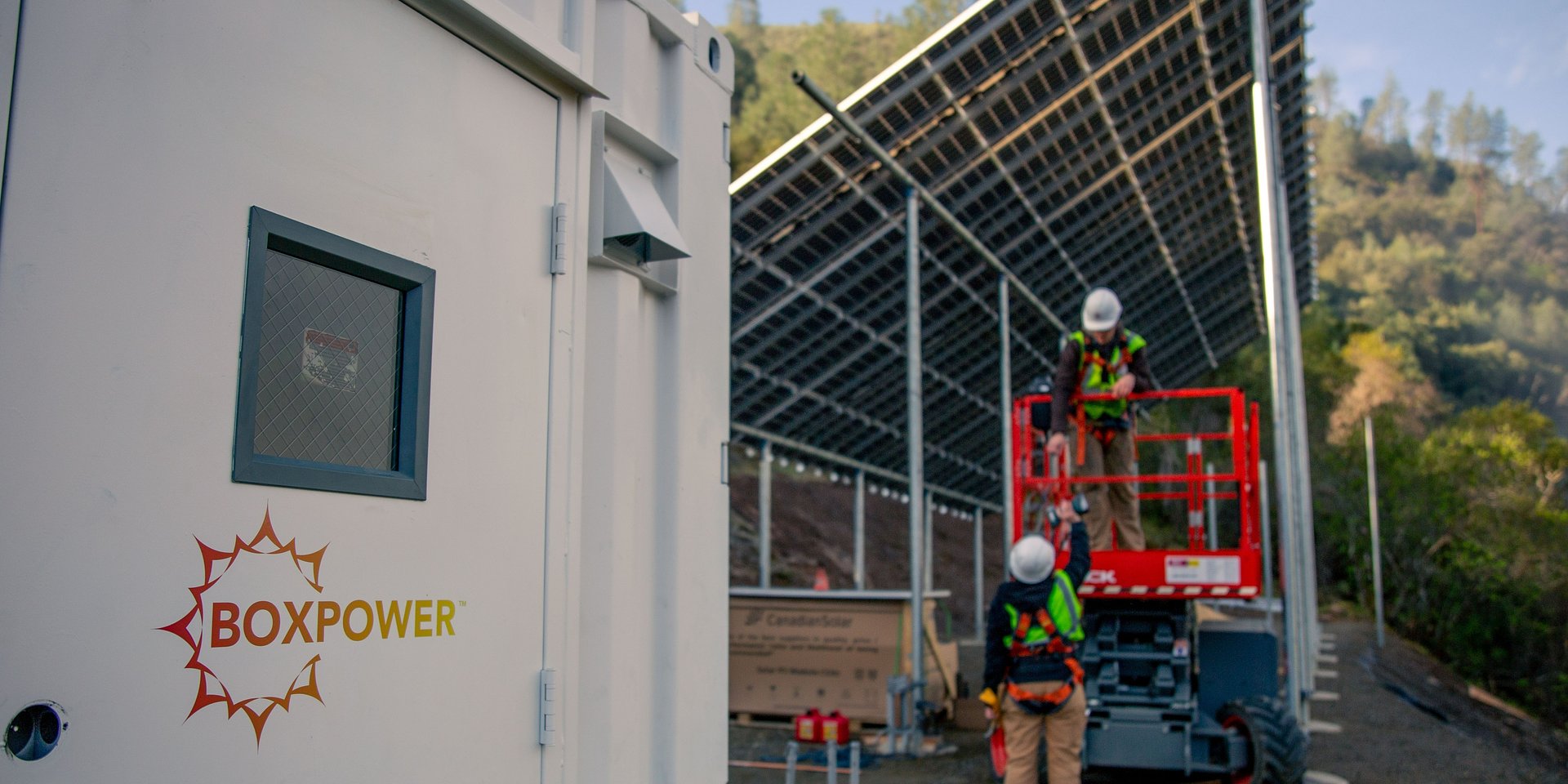SEIA pushing for new standards for consumer protection

The Solar Energy Industries Association (SEIA) is releasing two new industry standards for public comment to promote the U.S. solar and storage industry’s ongoing efforts to promote consumer protection. The new standards are designed to ensure transparent, ethical solar sales practices and to raise the bar for safety and durability of rooftop solar and storage installations.
“These groundbreaking standards reflect the solar and storage industry’s commitment to ensuring every customer has a great experience going solar,” said SEIA president and CEO Abigail Ross Hopper. “We’ve heard customers loud and clear about what they want to see from the solar industry. Going solar with a SEIA-certified installer will give customers the confidence they need to make the best decision for their family.”
As an American National Standards Institute-accredited standards developer, SEIA has been convening diverse stakeholders to develop a suite of standards that proactively and responsibly manage the industry’s growth. SEIA is currently developing 11 industry-wide standards, including standards on supply chain traceability and decommissioning. Here’s an overview of the new standards.
Standard 401 – Sales training
Standard 401 will outline training requirements for solar salespeople, helping to establish ethical sales practices and ensure all solar customers have a thorough understanding of their investment before committing. Companies and salespeople trained under this standard will provide customers with comprehensive and clear disclosure of costs, key contract terms and technology information.
Standard 401 adds transparency to the solar sales process and equips solar installers and salespeople with the knowledge they need to ethically sell solar and energy storage. The standard includes answers to common customer questions and provides clear direction on how solar salespeople can accurately provide personalized savings estimates, one of the most persuasive selling points for many solar customers.
Once published, a certified third-party will evaluate whether a company or individual has met the requirements of the standard, giving customers confidence that they are receiving clear, professional guidance from salespeople.
Standard 201 – Installation quality
The second standard, Standard 201, aims to enhance the safety and quality of residential solar and storage installations, helping to minimize risks to homes and businesses and enhance grid reliability.
Standard 201 creates a new baseline for how residential and small commercial solar and storage systems are installed and covers electrical and fire safety, distribution grid connections, and various weather and environmental conditions.
Companies will receive a third-party audit of their written practices and field installations, helping to ensure safe installations and create a better experience for solar customers throughout the life of their system.





Comments are closed here.